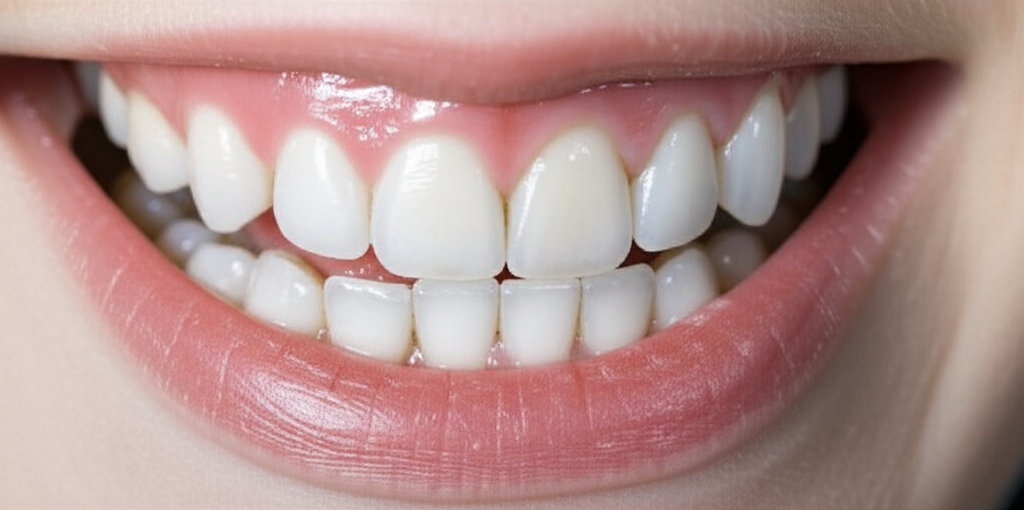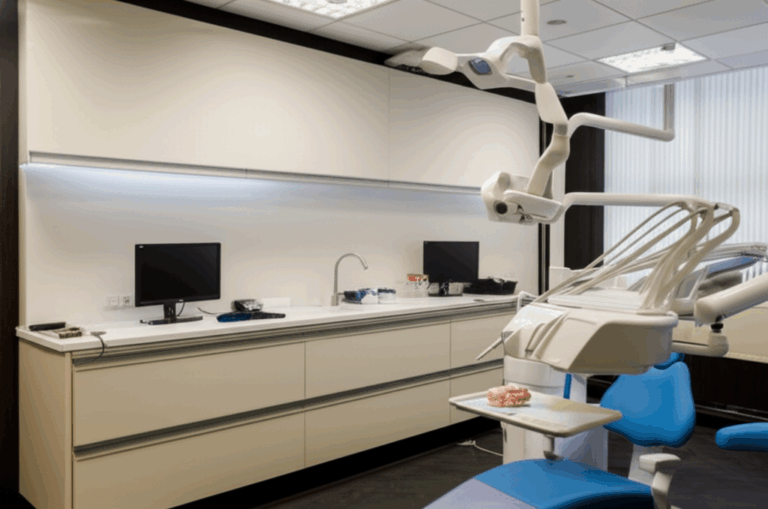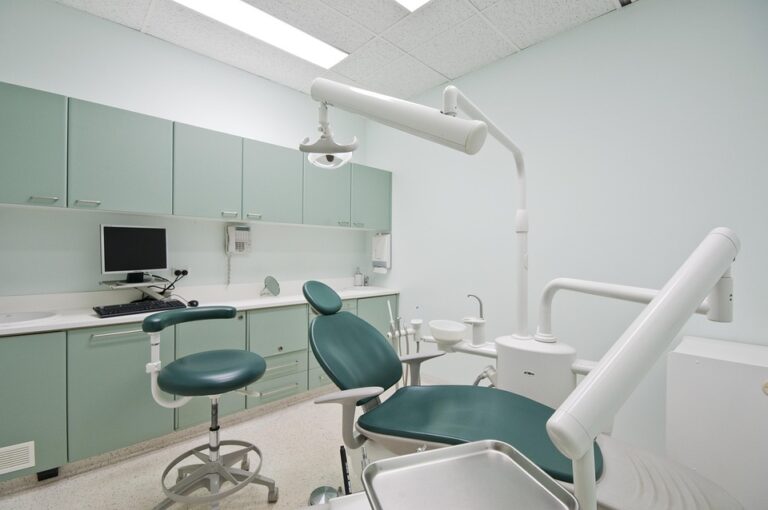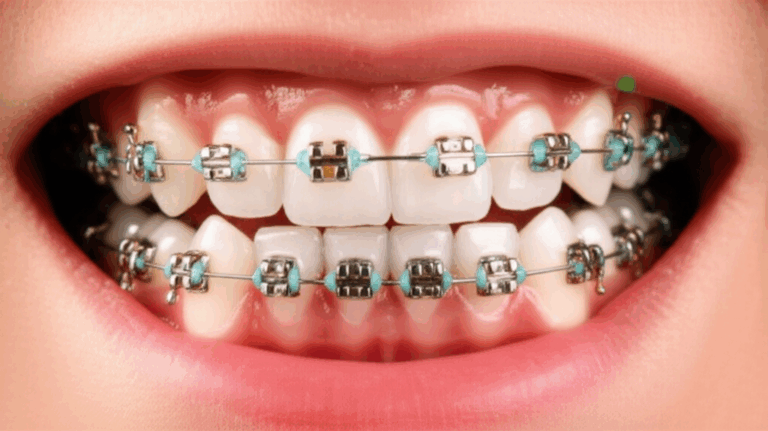
Can Multiple Sclerosis Cause Dental Problems? Understanding the Oral Health Connection
It starts as a simple question—“Can multiple sclerosis (MS) cause dental problems?” Maybe it’s nagging gum pain, a dry mouth that just won’t go away, or a sudden spike in cavities. If you or someone you love lives with MS, it’s totally normal to wonder if there’s a hidden link between this condition and your dental health.
You’re not alone in asking. Many people with MS—and their families—notice changes in their mouth but aren’t sure whether to blame the MS, the medications, or something else entirely. The truth is: yes, MS can indirectly cause all sorts of dental and mouth issues. But before you worry, let’s talk about what’s really going on, what to look out for, and most importantly, what you can do about it.
Table of Contents
- The Direct Answer: Why MS and Oral Health Are Linked
- How MS Indirectly Impacts Your Mouth: The Main Ways
- Common Dental and Oral Problems in MS Patients
- MS Medications and Mouth Side Effects
- How to Protect Your Smile: Easy Oral Health Tips
- Who Needs to Be Extra Careful?
- The Empowering Takeaway: What to Do Next
- Frequently Asked Questions: MS and Dental Health
- References & Resources
The Direct Answer: Why MS and Oral Health Are Linked
Let’s start simple: Multiple sclerosis can cause dental problems—but usually not directly. MS affects your brain and spinal cord, which are like the wires in a computer. Because of this, symptoms and problems from MS can make it harder to keep your mouth healthy.
Why does this matter?
Your mouth and your overall health are connected. Mouth problems don’t just affect your teeth—they can make eating, talking, sleeping, and smiling harder. When you already have something as tough as MS, a small mouth issue can turn into a big deal fast.
How MS Indirectly Impacts Your Mouth: The Main Ways
Let’s explain how a nerve problem like MS can cause trouble with your teeth, gums, and jaw. Think of your mouth as a busy town, and MS as a roadblock that gets in the way of normal life.
Dry Mouth: Not Just Annoying
What is it?
Dry mouth feels like you never have enough spit. It can make chewing, talking, and swallowing tough.
Why does it happen in MS?
The biggest reason is medicine. Many drugs for MS—including ones for mood, pain, or muscle spasms—make it so you make less spit. Sometimes, the nerve damage from MS messes with your spit glands too.
What happens next?
With not enough spit, your mouth can’t clean itself. Food bits stick around, acids don’t get washed away, and plaque builds up faster. This can cause:
- More cavities
- Gum disease
- Infections like thrush (a yeast problem)
- Trouble swallowing or talking
- Bad breath
Easy example: Saliva is like rain that keeps the streets clean. If it never rains, the town gets dirtier.
Trigeminal Neuralgia (Face or Jaw Pain)
What is it?
Sudden, sharp pain on one side of your face or jaw. Sometimes people think it’s a toothache that won’t stop.
Why does it happen in MS?
MS can damage a big nerve in your face (the trigeminal nerve).
How it hurts your mouth:
When pain gets bad, brushing and flossing can feel impossible. Some people stop taking care of their teeth, so things get worse.
Trouble With Hand Movements: When Brushing Becomes Hard
MS often causes shaky hands, weak muscles, or stiff muscles.
- Brushing and flossing need more skill than you might think, until your hands or arms stop working right.
- Opening your mouth wide, or holding floss, can become really hard.
Simple example: Imagine brushing your teeth with big winter gloves on—that’s how it can feel with MS.
Tiredness: The Hidden Problem
When even getting out of bed wears you out, it’s easy to skip brushing for a full two minutes.
- People with MS often miss dentist visits, cut corners on care, or just feel too tired to do everything they should.
- After a while, this builds up.
Swallowing Problems (Dysphagia)
MS can mess up the way your brain communicates with your swallowing muscles.
- Food gets stuck, making cavities more likely.
- Handling spit is harder, and there’s a higher chance of choking or food going the wrong way.
Memory, Mood, and Thinking Problems
Thinking clearly, remembering to brush, or feeling positive can all get harder with MS or its medicines.
- You might forget to brush, get too nervous about the dentist, or just not care about a routine.
- Being in pain or embarrassed about your mouth can make you want to avoid other people too.
Common Dental and Oral Problems in MS Patients
So, what really happens in the mouths of people with MS? Here’s what studies and people with MS say:
1. More Cavities
With less spit and trouble brushing, your teeth get more holes.
What studies say: People with MS have more and worse tooth decay than people without MS.
2. Gum Disease
Gum problems are common because plaque isn’t cleaned off and the mouth is dry. Also, the body’s immune system may play a part.
What to look for:
- Swollen, bleeding gums
- Bad breath that doesn’t go away
- Wiggle teeth
3. Mouth Infections (Like Thrush)
A dry mouth and weak immune system (due to medicine) make it easy for infections like thrush (yeast) to grow, leading to white spots, soreness, and burning.
4. Grinding Teeth and Jaw Problems
Stress (physical or mental) makes some people grind their teeth, especially at night. Some MS meds can make this worse.
Results: More worn teeth, jaw pain, headaches, or even cracked teeth.
5. Tooth Loss
Without enough spit and good care, decay and gum problems can go far. That’s why people with MS lose teeth more often, according to many studies.
6. Other Mouth Problems
- Burning mouth (a hot or burning feeling in the tongue or mouth)
- Changes in how food tastes
- Bad breath
- Trouble with dentures or mouthpieces because of muscle changes
Want to know more about dental problems that can affect anyone? Read this list of common dental issues.
MS Medications and Mouth Side Effects
Most MS medicines don’t mix well with spit! Medications often mention “dry mouth,” “taste changes,” or “mouth sores” as side effects. Here’s a simple look:
Which Medicines?
- Medicines for bladder problems
- Antidepressants (for mood)
- Muscle relaxers (for stiff muscles)
- Steroids (for flare-ups)
- Drugs that slow down the immune system
Most Common Mouth Side Effects
- Dry mouth (most common!)
- Swollen or overgrown gums
- Taste changes
- More yeast and bacteria infections (immune system is weaker)
- Mouth sores
The good news: Your neurologist and dentist can change medicines, suggest other choices, or give you something to boost saliva if mouth problems bother you.
How to Protect Your Smile: Easy Oral Health Tips
Now it’s time for the good news. Even though MS is tough, you can still keep your mouth healthy. Here are the best ways—from home tips to working with your dentist.
Day-to-Day Care: Aim for Simple, Not Perfect
What works:
- Try an electric toothbrush—it does most of the work for you and is easier if you have shaky hands or weak grips.
- Tools like toothbrushes with big handles, special floss picks, or water sprayers make brushing and flossing much easier.
- Use toothpaste with fluoride to help your teeth fight off cavities.
- Antibacterial mouthwash gives your mouth a little extra clean.
Hint: Brush sitting down or with a mirror to save energy and see better.
Help for Dry Mouth
- Sip water often; keep a bottle nearby.
- Chew sugar-free gum or suck on sugar-free candies to make more spit.
- Get saliva substitutes at the drugstore or by prescription.
- Stay away from tobacco, alcohol, and caffeine (they dry your mouth even more).
- Run a humidifier in your room if you breathe through your mouth at night.
Tip: Ask your dentist about special rinses or lozenges—they can help a lot.
See Your Dentist Regularly—Don’t Skip!
- Go to your dentist every 3 to 6 months—don’t wait for pain or a broken tooth.
- Always tell your dentist about your MS, your medicines, and any trouble you’re having.
- If you need extra help (shorter visits, help getting in the chair), speak up early.
- Have trouble getting to the office? Some dentists can help people with special needs.
Change What You Eat
- Eat and drink less sugar and acid—they “feed” the germs that wreck your teeth.
- Avoid sticky snacks like caramel or dried fruit that get stuck on your teeth.
- Choose healthy foods to help your gums and teeth heal.
If you use dentures or want to, you might like removable denture lab services for better comfort.
Teamwork Helps: Work With All Your Health Helpers
- Dentists, neurologists, therapists, and speech helpers can all make things easier for your mouth.
- Physical or job therapists can show you tools or tricks for brushing better.
- Speech therapists help with swallowing and eating safely.
- Caregivers can help with brushing and flossing.
Who Needs to Be Extra Careful?
Not everyone with MS will have big mouth problems. But you should pay extra attention if:
- You take a lot of medicines that dry out your mouth
- You have trouble using your hands
- You have face pain or constant jaw aches
- You already have a lot of tooth decay or gum problems
- You have trouble chewing or swallowing
- You have trouble thinking or remembering things due to MS
Not sure if you should see a dentist? If you have sores, pain, bleeding gums, or anything new—don’t wait. It’s much easier (and cheaper) to fix things early.
The Empowering Takeaway: What to Do Next
Let’s be clear: You can have MS and still keep your smile! Here’s your easy plan:
Big Points to Remember
- MS can cause mouth and dental problems—mostly because of dry mouth, pain, problems moving, tiredness, and medicine side effects.
- Cavities, gum problems, and infections are more common, but you can often stop them with simple care.
- Dry mouth, sore jaws, and brushing trouble don’t have to be your “new normal.” Small changes and regular dentist visits help a lot.
- Don’t be afraid to ask for help—from therapists, caregivers, and your dentist.
Your 5 Easy Self-Care Steps
Looking for strong repairs or new teeth? Check out a top crown and bridge lab or the latest in implants for more help.
Remember: Keep it simple. You don’t have to do it perfectly—just give your mouth its best shot one day at a time.
Frequently Asked Questions: MS and Dental Health
Q: Can MS make my teeth fall out?
A: Not by itself, but MS can raise your risk of tooth decay and gum disease, which, if not treated, can lead to tooth loss.
Q: Is dry mouth the main problem for people with MS?
A: Yes. Dry mouth is reported in up to 70% of people with MS, mostly because of medicines.
Q: What should I tell my dentist about MS?
A: Tell them you have MS, list your medicines, explain any trouble with care, and let them know about new pain or swallowing problems.
Q: Do I need a special dentist for MS?
A: Usually not, but some clinics can help with mobility problems. Just find a team who listens and helps with your needs.
Q: Are there special dental labs for complex problems?
A: Many labs—like a skilled china dental lab—make custom pieces for implants, dentures, and crowns for people with MS and others.
References & Resources
- National MS Society – Dental Health and MS
- American Dental Association (ADA) – Patient Learning Material
- Multiple Sclerosis Journal – “Oral Health in Patients With MS: What We’ve Learned”
The bottom line?
You’re not powerless. MS is a big challenge, but it doesn’t have to steal your smile. Stay on top of your mouth care, ask for help, and remember—simple habits, small changes, and talking to your dentist make a huge difference.
Read more about how your mouth affects your whole body at teeth health, and reach out to a dental pro for advice that fits you.
(Curious how the newest dental tech can help you feel better? Find out about digital dental lab options.)
Reviewed by a dental professional. For information only—always talk to your doctor and dental team for advice just for you.








